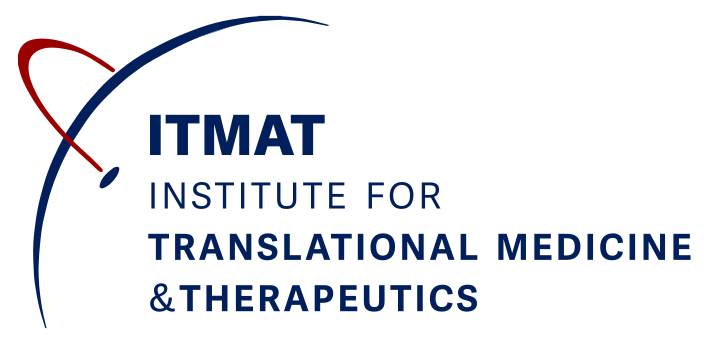Overview
ITMAT Education staff and instructors will collaborate throughout the course development, implementation, and evaluation process for each course. Whether teaching an in-person or online course we will need to ensure that we are in compliance with both university and department expectations for online degree programs and credit-bearing courses. It is expected that instructors collaborate with program staff to develop course content at least one term prior to the term the course is offered. Course development and implementation typically takes 14-16 weeks to ensure success.
The online environment offers flexibility for instructors to develop innovative course materials. Program staff are available to assist in course development and implementation, including but not limited to:
- Preparing an effective syllabus
- Creating pre-recorded lectures to be viewed ahead of synchronous classes
- Assessment development & group work
- Designing interactive materials such as role-playing case studies, videos, the use of polls, interactive modules, etc.
- Building & maintaining the Canvas course page
Step 1: Course Approval
| Goals:
Write a course proposal including
|
Parties Involved:
|
Time Needed:
Total Time: 2 weeks |
Those proposing a course should follow the process to obtain approval from the program. The approval process allows the instructor and program staff to consider the audience and develop topics for the course. As part of the approval process, instructors should meet with program staff and discuss online teaching and learning methods that align with the course.
Tasks:
- Faculty member identifies the course to be taught online and brings proposal to program staff.
- Program staff meets to discuss the possibility of offering the course and in what term.
- Program staff shares the proposal with the program committee for final consideration.
Step 2: Course Planning & Design
Goals:
|
Parties Involved:
|
Time Needed:
|
Instructors should consider the learning objectives for students and develop/review a detailed course syllabus.
Tasks
- Schedule initial planning meeting (1 hour)
- Address instructor needs during development & implementation
- Set regular check-in meetings to discuss content & next steps
- Program staff will send a follow-up email with a timeline and materials to be developed
Step 3: Course Development
Goal:
|
Parties Involved:
|
Time Needed:
Total Time:5-6 weeks |
Instructors will work with program staff and the ID to develop or revise any new or existing materials including course syllabus, course content, assessments, and rubrics.
Staff at the Center for Teaching and Learning (CTL) at Penn can offer additional advice and support with this process. The ID and program staff will work to develop the Canvas course. The instructor may receive training on Canvas and any additional technology to be used during the course as needed.
Tasks:
- Instructor works with the ID to develop/review course assessments, topic content, and additional course materials
- Follow up: meet to discuss feedback, questions, & determine synchronous vs. asynchronous materials and methods
Step 4: Course Development Finalization
Goals:
|
Parties Involved:
|
Time Needed:
Total Time: 4-7 weeks |
During the course development finalization, any remaining edits to course content can be made during the review process. All asynchronous materials will be tested before being added to Canvas.
Tasks:
- Develop asynchronous materials & share with faculty to review
- Update online materials based on faculty feedback
- Provide bio and photo to include in Canvas course
- Final review by faculty
- Final updates (if applicable)
Step 5: Course Build & Launch
Goals:
|
Parties Involved:
|
Time Needed:
|
During this phase, the ID will build the course in canvas checking in with the instructor(s) with any questions along the way.
Tasks:
- Once the course build is complete the ID will test all content before it is made accessible to students.
- Program staff will share a welcome email with the students regarding the course
- Once implemented program staff will collect feedback from students to account for any changes for the next iteration
Step 6: Course Debrief & Feedback
Goals:
|
Parties Involved:
|
Time Needed:
|
After the term is complete, the instructor, ID, and program staff will meet to discuss course evaluation feedback and instructor perspective of the course. We will then identify and plan for any course revisions to be made during the next course development phase.
For the next course development phase program staff will work to resolve any technical issues and work with the instructor to refresh course content and revise any asynchronous materials. Any items identified during the course debrief and feedback for future planning will be implemented during the next course development phase.
Tasks:
- Course debrief & discussion of revisions to be made for future courses
- Note general revisions
- Plan to refresh course content in next development phase

